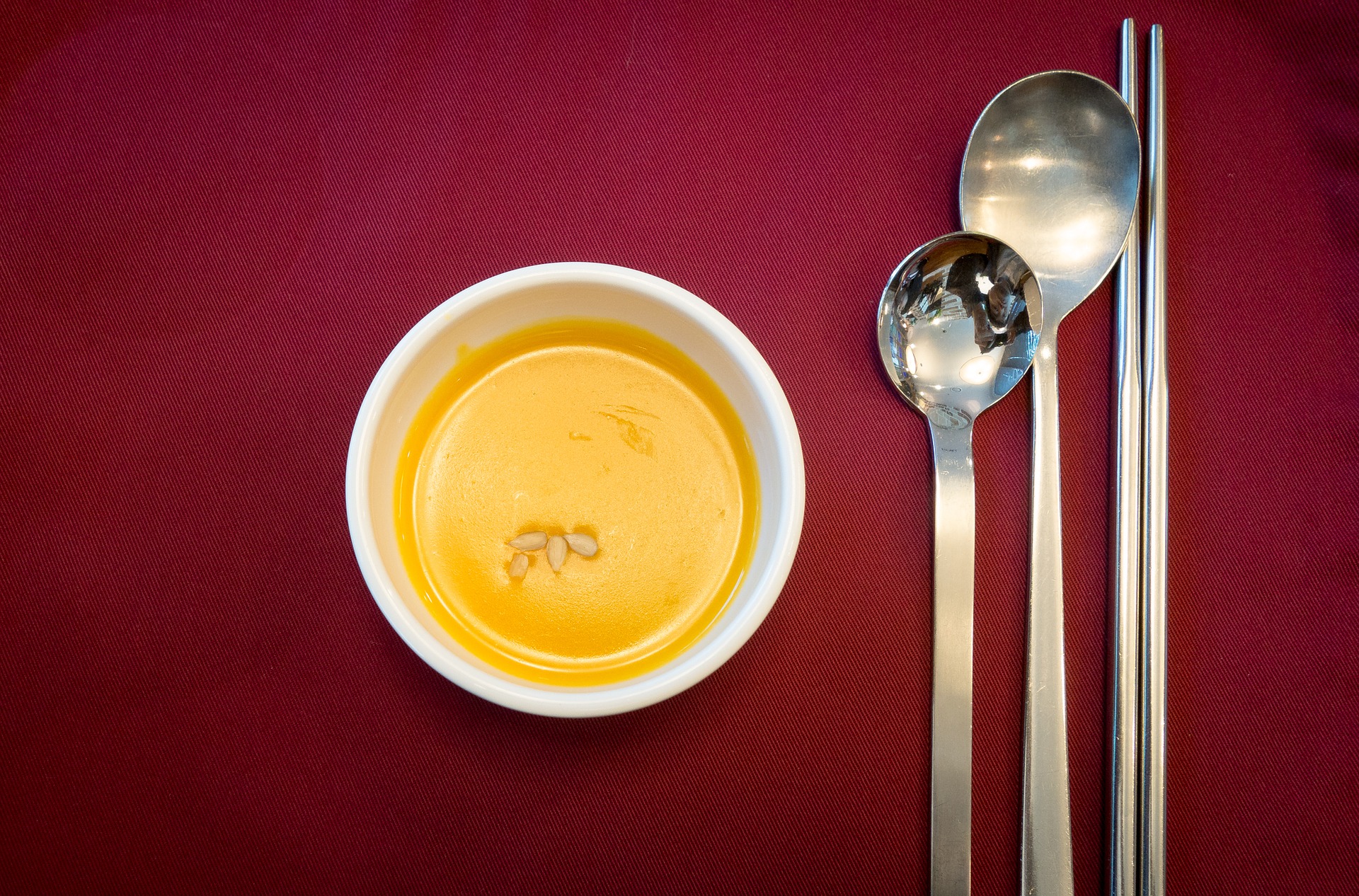Good for Health?

Written by Shellane Ehlert
One of the first things I heard after I stepped off the plane from the U.S. as I was putting my first bite of Korean food in my mouth was “This is good for health!” This would not be the last time I would hear this, but it would become a daily saying throughout my time here. I had told myself that I would be completely open to food while in Korea, putting anything that I was offered in my mouth and at least trying it. Since I discovered that I came to represent the entire population of foreigners in my school, I started my “fake liking it” rule. If I was going to represent an entire population, I was going to do it right.
Coming from the Midwest, I did not have the most refined palate for seafood, but I smiled as I put the sea slug in my mouth and nodded at the statement “This is good for health.” Yet something in the back of my brain started to question whether every Korean food was “good for health.” I had received a degree in community health in the U.S. and had taken some extensive nutrition classes. I just did not see how processed white rice flour was “good for health,” or how many of the other foods were either. So, I set out to figure out exactly which Korean foods were, in fact, “good for health” with some light research (I did not want to go too far down the rabbit hole).
My findings are oddly mixed. Some people attest to the amazing amount of vegetables Koreans eat through banchan (side dishes), but others fight back by saying that these dishes are usually pickled, salted, or pan fried in oil, muting their healthy attributes. Some people claim that their diets are low in meat, while others claim that they eat too much meat. Here is a breakdown of two completely opposite articles within the last few years.
The first article I stumbled upon was of the opinion that Korean food is not as healthy as is often boasted. Andrew Salmon of the Korea Times wrote the article “Is Korean Food Healthy?” about how he attended a symposium on marketing Korean food internationally and why this was so difficult back in 2014. He says in the article that he actually got into an argument on how Korean food could not be marketed as healthful because it is not actually healthy. This article had me in a tailspin. For the previous 18 months, I had been told that every Korean food I ate was good for my health, especially my stamina. This man had to be out of his mind!
Reading on, Salmon presented some solid facts: “For males and females, South Koreans have the highest rates of stomach (gastric) cancer per person among 48 countries surveyed by the American Association for Cancer Research in 2002,” he wrote. He also brought into the argument the fact that there seems to be a lack of fresh vegetables in the Korean diet, and he goes on to say, “Researchers believe salty and pickled foods are most problematic. According to the World Health Organization, a person should eat no more than five grams of sodium per day; Koreans eat 13.4g.” He also found “a paper bluntly entitled ‘Kimchi and Soybean Pastes are Risk Factors in Gastric Cancer,’ published in the World Journal of Gastroenterology in 2005, [which] was based on research conducted by Chungbuk National University.”
The next article I examined broke Korean food into two categories: healthy and not healthy. Andy Bellati wrote an article entitled “Best and Worst Korean Foods.” In it, he divided ten Korean foods into healthy and not healthy. The number one healthy food was kimchi. The food that the other article claimed to be not as healthy as we all thought! The rest of the healthy foods consisted of the vegetable side dishes that others said were not healthy because they are cooked and contain oil. Andy’s reasoning rests on the fermentation of many foods. He says, “A growing body of research suggests fermented foods keep our gut bacteria well-fed and in tip-top shape, resulting in improved gastrointestinal health, possible boosts to immune health, and even help with management of certain skin conditions such as eczema.” My ears perked up at eczema, as I have it pretty bad on my hands, but it did start to clear when I moved to Korea. After having read this article, I was back on the other side of the fence, ready to nod along with those who say “Good for health” when I take bites of their carefully prepared dishes.
After my light research, I could only conclude one thing: that yes, some Korean foods are healthy, but maybe not as many as are said to be. As with eating most cuisine, common sense and taking some of the local’s information with a grain of salt is the best way to go about it.





